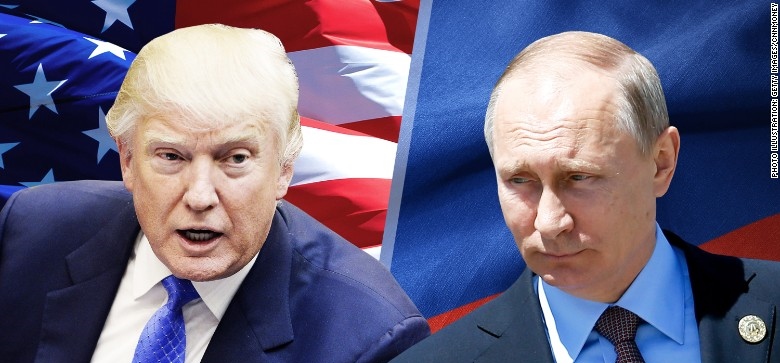EU caught in crossfire
July 24, 2017 | Expert Insights

The European Union is concerned over proposed sanctions the US plans on imposing Russia.
The US House and the Senate have reached a deal on toughening sanctions against Russia over its purported interference on the 2016 US elections.
If these sanctions are imposed, they will affect other countries around Russia as well. Thus, according to a memo obtained by Financial Times, the EU plans to counter these sanctions soon.
Background
There is consensus among all intelligence agencies in the US that Russia interfered in the US elections. In December 2016, in retaliation President Barack Obama expelled 35 Russian diplomats from the United States and imposed fresh sanctions.
The current President, Donald Trump, has been enigmatic about his views on the subject. He has said that other countries could have also been involved in the hacking. Additionally, he has advocated for a positive relationship with Russia. Trump and Russian President Vladimir Putin met during the G-20 Summit and agreed to a ceasefire in the Syrian conflict.
Russia has denied the charges of interference multiple times.
Analysis
Some lawmakers in the US have expressed their concern over Trump’s seemingly close equation with Russia. There is an ongoing investigation to see if any member of the Trump campaign has colluded with the Russian government in the elections.
In July 2017, the House and Senate passed a bill slapping Russia with fresh sanctions. The bill also gives Congress new veto power to block any easing of those sanctions – thus undercutting the President’s power.
The Trump administration has signaled that it will be supporting this bill. Sarah Huckabee Sanders, the Deputy White House Press Secretary said, “The administration is supportive of being tough on Russia, particularly in putting these sanctions in place…And we support where the legislation is now.”
The bill is slated to reach the President’s office for approval by the end of this month.
This has increased fears within the EU. The bill is said to target Russian energy, financial, railways, shipping and metals and mining sectors. When imposed, this will negatively affect any European company that is working in those industries in Russia. An internal note has been prepared by EU commissioners to address this problem. It states, “The measures risk breaking the transatlantic and G7 unity.”
Germany has lashed out against these sanctions as they will be detrimental to the Nord Stream 2 gas pipeline which will start pumping gas from Russia to Europe in 2019.
Assessment
Our assessment is that EU has to look at its own energy and national interests before agreeing to support any sanction that US may impose on Russia. It is quite evident that the US president is under domestic pressures to promulgate such sanctions against Russia. Russia has already signaled its intention by replacing the current Russian Ambassador to the US. Kislyak will mostly likely be replaced by Anatoly Antonov, a deputy foreign minister and former deputy defense minister who is seen as a hardliner regarding the United States.








Comments